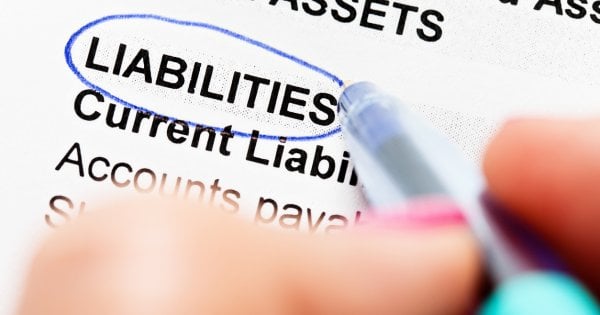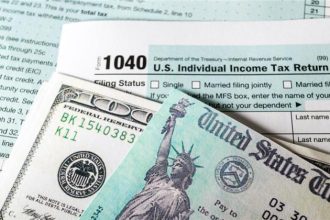Balance sheets make up the core of bookkeeping. These financial records track every credit or debit for your business, noting them under assets and liabilities. Assets refer to anything that is useful or has value to the business (like cash on hand or inventory). Conversely, liabilities refer to anything that will cost the business money in the long or short term.
Tracking liabilities is important for any business that wants a clear picture of its cash flow and company value. This guide will discuss what liabilities are in greater detail and how you can record them.
What’s the difference between a liability and an expense?
A common mistake in bookkeeping is that your liabilities are the same as your costs—but this isn’t the case. Liabilities are used to acquire assets for your business. Meanwhile, expenses are payments for items or services without physical value.
Consider the difference between a business mortgage payment and an electric bill. Paying the mortgage each month increases your asset: equity on the building or land. However, an electric bill merely covers the service of electricity used within that period. You don’t get to keep the electricity or potentially resell it.
In double-entry bookkeeping, each liability is also listed as an asset so the business owner can track the value of the business. Their business equity can grow by paying liabilities.
Short-term and long-term liabilities.
Along with sorting expenses and liabilities on your balance sheet, you will need to differentiate between long- and short-term liabilities. Simply put, long-term liabilities are obligations that the business expects will continue for over a year. These can include loans and mortgages.
Short-term liabilities (also called current liabilities) are likely to get paid off within a year. They cover payroll tax and sales tax payable, along with the monthly payments you make on loans and mortgages.
Documenting both short-term and long-term liabilities can help business owners to better understand their equity growth over the course of a year.
What are some examples of liabilities in bookkeeping?
Businesses have liabilities in all shapes and sizes. There are long-term liabilities that companies keep on their records for years, as well as short-term liabilities for new equipment. A few examples of liabilities include:
- Wages payable: The amount of accrued income that employees have earned. If a company pays its employees every 2 weeks, this section will change dramatically throughout the month.
- Interest payable: When you buy an asset and owe interest on your payments, you record the outstanding balance as a liability.
- Accounts payable: Unpaid invoices that have been submitted to your business.
- Dividends payable: The amount owed to shareholders who have stock in the company. This often includes a percentage of a business’s profits each year or quarter.
Every business will have liabilities in some form. Even if you operate as a sole proprietor from your home, you will likely have costs related to equipment, materials, and a mortgage or rent. If you can build up good habits for tracking these costs on a small scale, you can grow your business without getting overwhelmed by your bookkeeping.
Information provided on this blog is for educational purposes only, and is not intended to be business, legal, tax, or accounting advice. The views and opinions expressed in this blog are those of the authors and do not necessarily reflect the official policy or position of Lendio. While Lendio strives to keep its content up-to-date, it is only accurate as of the date posted. Offers or trends may expire, or may no longer be relevant.
Read the full article here
















